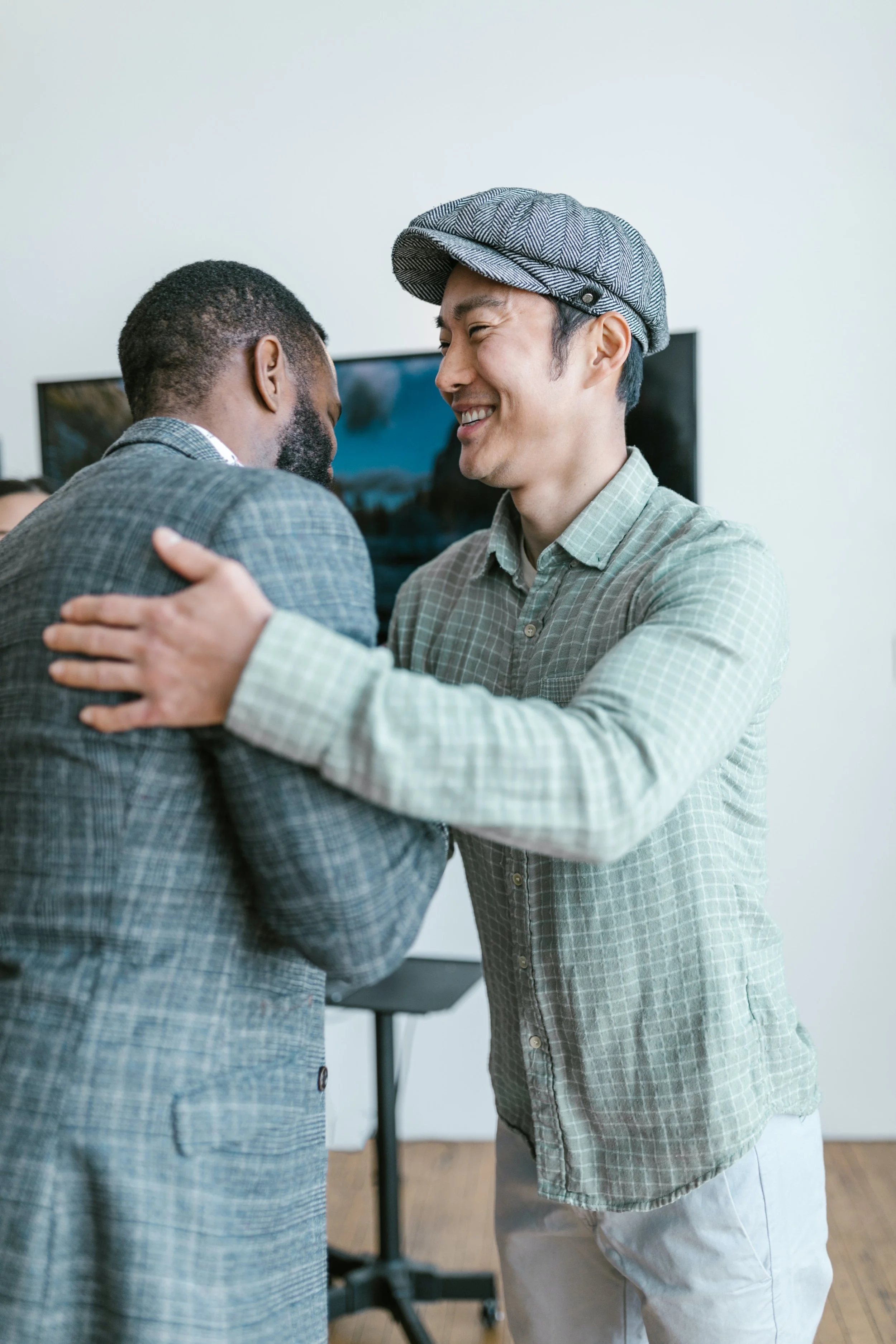Transforming Guilt into Gratitude
Written by Helena Lorenz, M.S.W, LMSW
Licensed Master Social Worker
In a previous blog, I outlined the power of a good apology, recognizing instances in which one needs to fess up to one’s wrongdoing and make meaningful amends. With the right elements in place, a genuine apology can be a beautiful thing that heals wounds of all shapes and sizes.
Working on this same theme, I wanted to talk about the other side of the “I’m sorry” spectrum – over-apologizing. Being caught in a cycle of over-apologizing means finding yourself frequently tossing out tiny, meaningless apologies that are often sparked by feelings of shame or inadequacy. For example, we have a new idea to present in a meeting, and we apologize to our co-workers as our preamble before mentioning it. We were a few minutes late to an appointment because our child wasn’t feeling well, and we spend the first 5 minutes of the appointment apologizing for our rudeness. We develop a migraine at a party and profusely apologize to the host for our selfishness in having to leave early. All these examples of “wrongdoing” are just the byproducts of being human. None of these actions came from a place of malintent, and none of them resulted in grievous harm to another person. So why are we apologizing? Why do we feel the need to say sorry for taking up space and having families, and having imperfect bodies?
There’s no perfect answer to that question. Sometimes over-apologizing has its roots in perfectionist beliefs perpetuated by parents. Sometimes its origins are in controlling dynamics fostered by abusive partners. And sometimes, it’s greater societal prejudices that have slowly and insidiously made us feel small and unworthy of grace. Working with a therapist can be a powerful tool in understanding everyone’s individual over-apologizing journey. But regardless of how we got to this place, there is a subtle communication trick that can jumpstart our journey to greater self-acceptance – saying “Thank you” instead of “I’m sorry.” Let me give you some examples!
In the scenario I described earlier where we are late to a meeting due to circumstances beyond our control, we might say “Thank you so much for your patience. I really appreciate you waiting for me to get started.” Or, in the scenario where we need to leave a party early due to an unforeseen illness, we might say, “Thank you so much for inviting me to be a part of your celebration, and thank you for being such an understanding friend.” In both of these scenarios, we acknowledge the experience of the other person who has experienced some sort of inconvenience on our behalf, but we don’t shame or belittle ourselves in the process. We’ve transformed guilt into gratitude!
Think of the last time you apologized for something you had no business feeling sorry for, and see if there’s a way to shapeshift your apology into a thank-you! See the difference in emotions that come up for you and remind yourself that you are worthy of the grace and acceptance of others.
If you’re struggling with over-apologizing, contact us to see how adult therapy can help.

